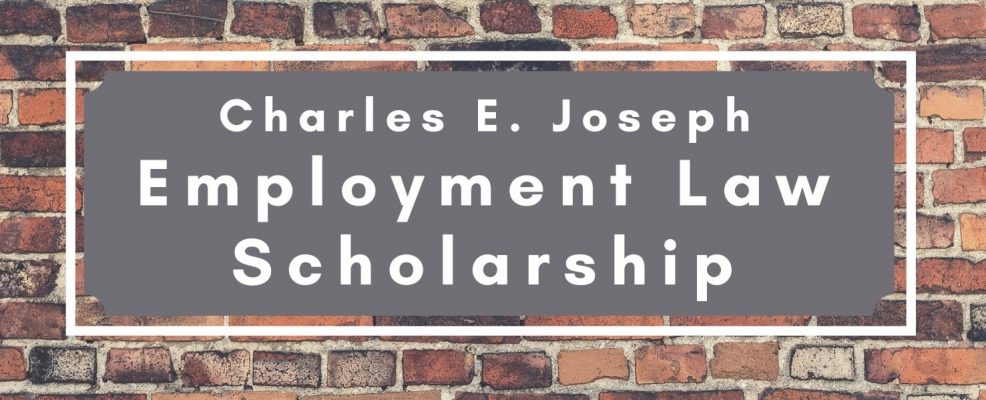
Employment Laws and Undocumented Workers
July 9, 2024
By Taylor Niederland
The Law Students on Workers’ Rights series publishes essays from current and incoming students at some of the top law schools in the country. These essays, submitted for the Charles E. Joseph Employment Law Scholarship, address the question “What are the biggest challenges facing workers’ rights in the future?”
An estimated 10.5 million unauthorized immigrants live in the United States, according to 2023 Pew Research data. What’s more, undocumented immigrants make up nearly ten percent of the Californian workforce and take on dangerous occupations at a higher concentration than that of other documented workers. In fact, research shows that immigrant workers encounter 300 more deaths and upwards of 60,000 more injuries yearly than their non-immigrant counterparts, with undocumented immigrants at an even greater risk than documented immigrants. Despite undocumented workers possessing essentially the same rights as all other documented workers, exploitation remains rampant partly due to the fear of employer retaliation, as well as the entrenched and long-lasting influence of immigration law in employment dispute cases.
The biggest challenge facing workers’ rights now and in the future – as there is no evidence supporting a decline in relevancy – is the protection of undocumented workers from exploitation. As nationalism and anti-immigrant sentiment grows within the United States, undocumented workers may grow even more fearful of employer retaliation and become less likely to report employer exploitation, coercion, and abuse.
In 2022, the Manuel v. Superior Court of Santa Clara County case not only exhibited clear employer exploitation, but also captured employer retaliation attempts after the exploited worker reported his unlawful treatment. After he was injured while working as an irrigation technician, Rigoberto Jose Manuel was fired and pursued a wrongful termination claim.
During the civil discovery process, the employer, BrightView Landscaping Services, “sought irrelevant and intrusive information about Mr. Manuel’s immigration status, broadly claiming that the information was essential to defending itself.” Accordingly, the Court ruled that immigration status discovery is only permissible when such discovery is necessary, which was not true for the Manuel v. Superior Court of Santa Clara County case. Fortunately, this landmark case provides necessary protections for undocumented workers against employer retaliation. Still, more assurances are needed to increase the likelihood of exploited and/or abused undocumented workers reporting their employers.
As the United States experiences a rise in nationalism accompanied by an increase in anti immigration sentiment, undocumented workers may be at more risk of employer exploitation. This type of exploitation is a major challenge now and in the future, as there are no indications of it dissipating; in fact, the opposite holds true. In an effort to protect against undocumented worker exploitation, the deep-rooted connection between employment dispute cases and immigration law must be severed. Furthermore, pathways to citizenship for undocumented immigrants must be expanded to account for all undocumented immigrants living in the United States, not merely a select few.
Reflections from Charles Joseph
The country’s worker protection laws have many gaps – while full-time employees can take advantage of these protections, the same is not true for independent contractors, employees working for small businesses, and others. And even when employment laws protect workers, they may not feel safe exercising their rights, as Neiderland argues in the case of undocumented workers.
For example, while national origin discrimination laws and FLSA wage protections cover undocumented workers, the fear of retaliation can easily dissuade workers from pursuing legal remedies, leaving these precarious workers in an even more difficult position.
Taylor Niederland holds a master’s in international peace and security studies from King’s College London. In the fall, she will join Boston College Law School as part of the class of 2027. Contact Niederland on LinkedIn.
Charles Joseph has over two decades of experience as an NYC employment lawyer. He is the founder of Working Now and Then and the founding partner of Joseph and Kirschenbaum, a firm that has recovered over $140 million for clients.